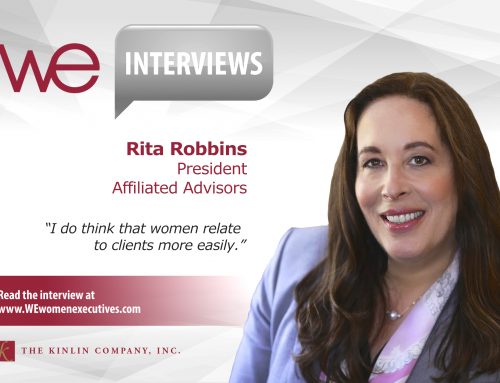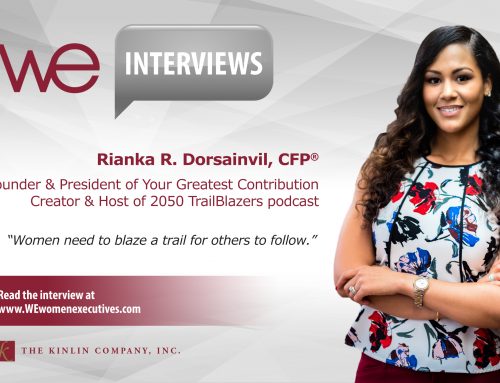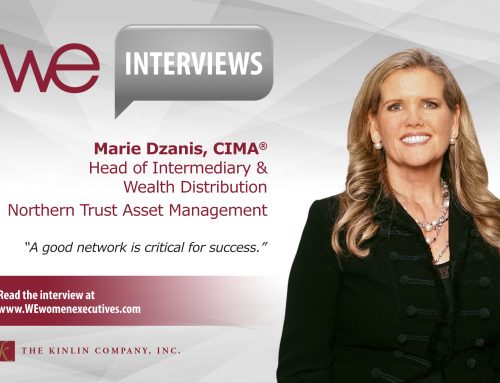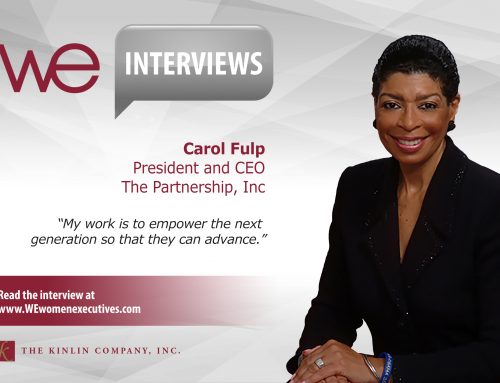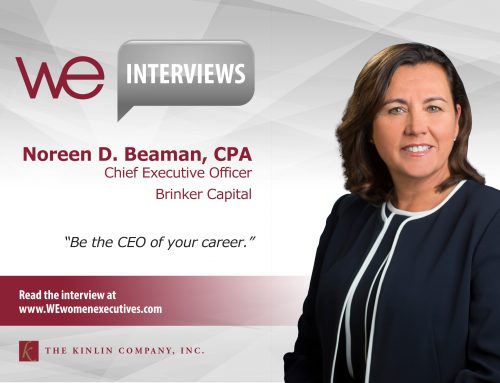 Helena Morrissey
Helena Morrissey
Former CEO of Newton Investment Management
Earlier this year a quiet victory occurred for women in the workplace. On April 17, 2012, the mining company Fresnillo announced that it had appointed María Aramburuzabala to its board of directors. It wasn’t big news around the business world, but it marked the first time in history that all-male boards in the FTSE 100 went down to the single digits – now nine in total. A step in the right direction, yet women’s underrepresentation in the upper echelon of the corporate world remains troublesome.
The 30% Club
Currently, on average, only 15% of corporate board appointments are held by women. This is something Helena Morrissey is committed to change. Morrissey is the CEO of London-based Newton Investment Management, part of BNY Mellon Asset Management, and a top-tier investment house with assets under management of more than over £45.9 billion.
Noticing that efforts to diversify the ranks of corporate leadership were not translating into more women at the top, Morrissey founded The 30% Club, a UK-based group committed to achieving 30% female representation on FTSE boards by 2015. “I compared notes with my colleagues at other companies, and it seemed that whatever anyone did we were stuck at between 10 to 15% women in senior levels,” Helena explained when we met earlier this year in New York. She continued, “We decided we needed to have a more focused effort on a measurable target.”
So far that effort is paying off. Chairmen of over 45 UK companies have signed on as members of The 30% Club, pledging their commitment to increase the number of women on their boards.
Business Culture Needs a Revolution, Not Quotas
Morrissey contends that the 30% goal can be achieved without government-imposed quotas. “I don’t believe in quotas. I think they can be very damaging, in fact, and undermining of women.”
On a recent trip with Prime Minister David Cameron to Sweden, Morrissey found that even strictly enforced quotas were not translating into true equality. In an opinion piece for The Independent, Morrissey wrote, “Yes, Norway has 40% female non-executive directors but only 2% of its CEOs are women. Business culture needs a revolution to avoid the problems of the recent past. Better balanced boardrooms are one aspect of that revolution.”
How to Build A Family Without Stalling Your Career
Morrissey also advocates creating a corporate environment that supports working women with young families. “In many ways we are still so backwards. We have very highly educated women. The gender balance is fantastic at the entry-level, but there is still this big sociological point where women and men part directions, particularly at the time when women have children. At the moment it’s very binary. Once women leave the workforce, then often they don’t come back and if they do, they don’t come back in senior roles.”
Morrissey has experienced these challenges first hand. Early on in her career, after her first maternity leave, Morrissey was passed over for a job promotion. When she asked her boss why she was not chosen, she was told he doubted her commitment to the job.
Now that she is CEO, and has gone on to have eight more children, Morrissey is working on ways to help women with young families. “When women have their first child, they have a huge transformation in their lives. How do we help women through?” Newton Investment Management is starting a Maternity Buddy program, which pairs a woman about to have a child with a co-worker who has recently gone through the same experience. The goal of the program is to provide support, encouragement, and a safe sounding board for questions about how to build a family without stalling professional development.
Creating Women-Friendly Business Practices
About the question of face time, Morrissey believes that employees need to be judged by their performance, and not by hours spent at the office. “Companies need to work harder at how we change business practices. Sure, there is still a need for face time, but employees should be allowed more flexibility.” And this flexibility will not only help retain women executives with young families, but will be a better fit for “the next generation of workers who are accustomed to working in a technologically smart and mobile way. They expect to make an intellectual contribution anytime, anyplace, anywhere in the world.”
So, how does Morrissey handle being CEO and mother to nine children? After her fourth child, she and her husband decided that he would stop working full-time. “Nowadays it is often automatically assumed by both parties in a marriage that if one of them stops working, it will be the woman.” Morrissey continues, “Often men try to work all hours, and stay out of the hair of the family life. I make sure I’m there. I do try to get home each evening. It certainly works very well for the children. I know that they’re happy. They benefit.”

